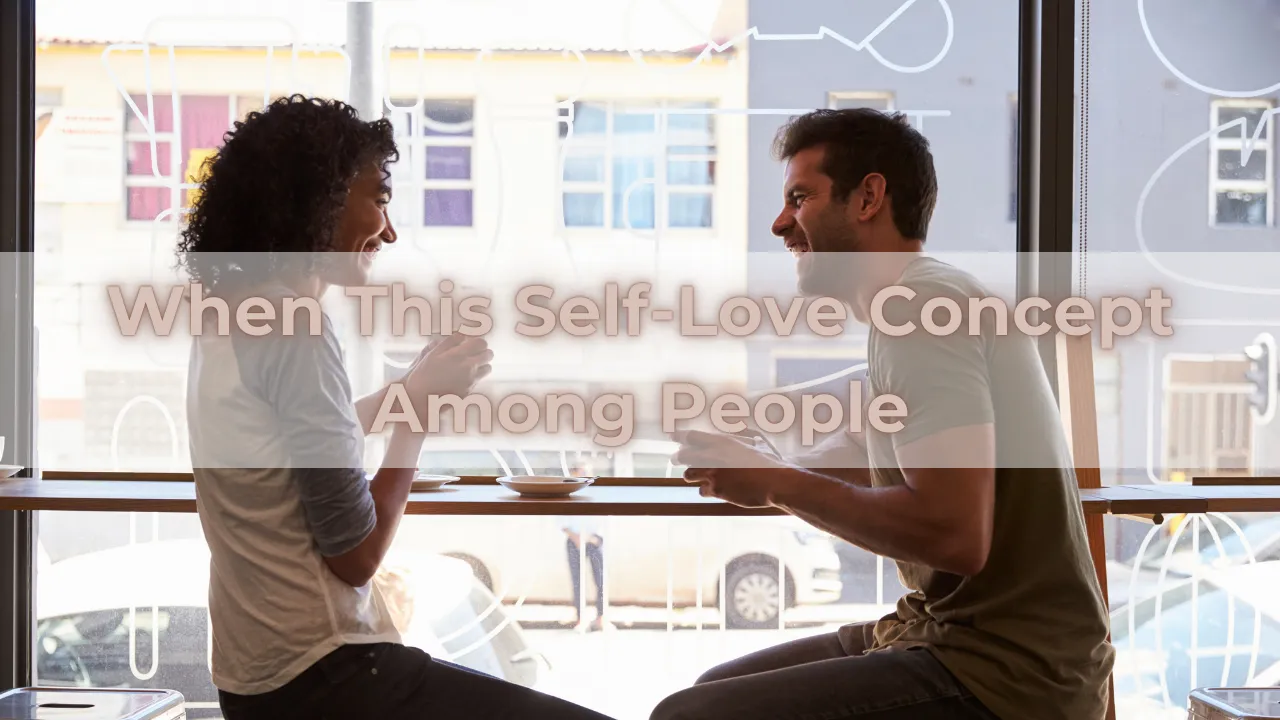Self-love is often seen as a modern concept, championed by today’s social media influencers, wellness coaches, and therapists. However, its roots run much deeper in history.
The idea of self-love is not as recent as it may seem, and it has evolved significantly through different cultures and philosophies. But when exactly did the concept of self-love start to take hold, and why is it more prevalent now?
Table of Contents
Ancient Beginnings

Self-love is far from a new-age notion. The idea can be traced back to ancient philosophies, particularly in Greek thought. In Greek philosophy, the concept of philautia was the term for self-love. It wasn’t about narcissism or selfishness, as we often associate with modern-day interpretations.
Instead, it was the understanding that self-love formed the foundation of a healthy relationship with others. Aristotle, for example, believed that one must cultivate self-love to be a virtuous person and, by extension, have the capacity to love others.
Self-love was also woven into Eastern traditions, like Buddhism, where self-compassion and acceptance were key to enlightenment. These ideas encouraged individuals to cultivate inner peace and recognize their worth, not for selfish gain but for spiritual growth.
The Rise of the Individual
Fast forward to the 18th century during the Age of Enlightenment, where personal autonomy and individualism began to take center stage in Western society. Philosophers like Jean-Jacques Rousseau promoted the idea of “being true to oneself,” which was linked to self-love in its most basic form. It was about recognizing the inherent value within oneself rather than solely relying on external validation.
However, it wasn’t until the 20th century that self-love began to be framed more explicitly as an important part of mental and emotional well-being.
Psychologists like Carl Rogers and Sigmund Freud delved into the impact of self-perception and self-worth on overall mental health, further establishing self-love as a critical part of human development.
The Modern Surge in Popularity
The modern-day surge in the self-love movement is rooted in several cultural shifts that have taken place over the past few decades. One of the most significant changes has been the rise of mental health awareness.
As society began to recognize mental health as an essential part of overall health, self-love started to be discussed more openly as a vital practice for emotional well-being.
Additionally, the rise of social media has played a pivotal role. Platforms like Instagram, Tiktok, and YouTube have allowed individuals to share their journeys of self-acceptance and personal growth.
While this has led to some oversaturation of the “perfect life” narrative, it has also created a space for discussions around self-love, self-care, and embracing imperfection.
The increased focus on body positivity has also contributed to the self-love movement. Campaigns and movements have challenged the unrealistic beauty standards that have historically dominated popular culture.
As people begin to embrace different body types, skin colors, and personalities, the concept of self-love has gained more attention and resonance.
Why is Self-Love So Important Today?
Self-love is more crucial than ever in today’s fast-paced, highly connected world. The pressures of constant comparison, particularly through social media, can make it difficult for people to feel good about themselves.
Many struggle with the external expectations placed upon them—whether they’re professional, social, or personal—and fail to recognize their inherent worth.
Self-love provides a buffer against the negative effects of societal pressures. It encourages individuals to nurture their own emotional and mental well-being without relying on others’ approval or validation.
This mindset allows people to build resilience, take care of themselves, and better handle the challenges of modern life.
Furthermore, self-love leads to healthier relationships. By first loving and understanding oneself, an individual is better equipped to show love and empathy to others. It promotes a more balanced and harmonious approach to both personal and professional relationships.
Conclusion
While the specific idea of self-love may be more pronounced in today’s culture, its origins can be traced through history in various cultures and philosophies. What we now see as a widespread movement is merely the latest chapter in a much longer story of humans recognizing the importance of loving oneself.
You Might Like: How to Work on Self-Love: A Practical Guide
As society continues to evolve, so too will the ways in which we practice self-love—but its core message remains the same: embracing who we are and understanding our worth is a critical part of living a fulfilling and meaningful life.
FAQs
What is the difference between self-love and selfishness?
Self-love is about caring for and respecting oneself, which leads to a healthier mindset, emotional stability, and positive relationships with others. It involves setting boundaries, practicing self-compassion, and valuing one’s own needs.
How can I practice self-love every day?
Practicing self-love can start with small, intentional actions. These can include setting aside time for self-care, engaging in positive self-talk, setting healthy boundaries, and acknowledging your achievements, no matter how small.
Why is self-love important for mental health?
Self-love plays a significant role in mental health by fostering a positive self-image and emotional resilience. When we practice self-love, we are more likely to manage stress, anxiety, and negative thoughts.







1 Comment
Pingback: Marilyn Monroe Quotes About Self-Love: Embracing Authenticity and Confidence - Lovify